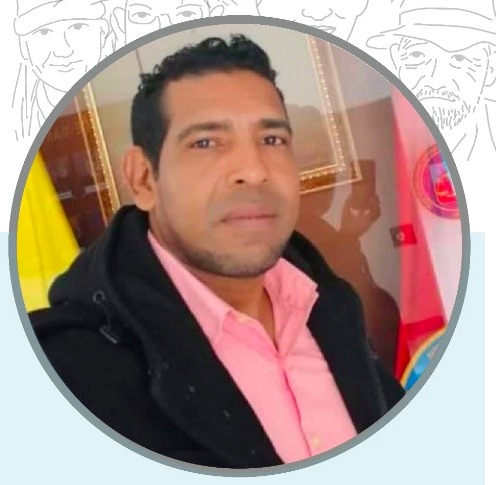Türkiye
Türkiye: People with disabilities neglected in humanitarian response to devastating earthquakes
As you will all be aware, southern Türkiye and northwest Syria were hit by devastating earthquakes in February. More than 48,000 people were killed and more than 100,000 were injured many of whom lost limbs and sustained other life-changing injuries. An estimated 3.3 million people have been displaced, with approximately 2.3 million people currently sheltering in tent camps and container settlements.
According to a joint Turkish government and United Nations assessment as many as 70 percent of injured earthquake survivors are expected to have a disability. In a shocking report, published by Amnesty International last Thursday 27 April it was revealed that people with disabilities living in displacement camps after the earthquakes in Türkiye are being overlooked in the humanitarian response to the disaster.
Three Amnesty International researchers undertook research from 9-22 March, in four of the provinces that have been most affected by the earthquakes in southeast Türkiye. Those were Gaziantep, Kahramanmaras, Hatay and Adiyaman. Research was undertaken in urban and rural areas. Amnesty International met with people from a mix of ethnic backgrounds. In total, the team interviewed 131 people, including survivors who have been living in displacement camps and aid workers. Interviewees included Turkish nationals and Syrian refugees.
Amnesty International did not have access to Syria for this report – which does not address the situation in Syria.
During the visit to Türkiye, Amnesty International researchers identified that persons with disabilities were among those particularly at-risk of being marginalised or left behind with regards to access to assistance, and who also experienced unequal access to their human rights in the aftermath of the earthquake. They found that there were significant gaps in humanitarian response programmes, which included barriers to equally accessing sanitation, food, water and specialist support.
As result of this work Amnesty has made a number of wide ranging recommendations to the Turkish government, humanitarian agencies and organisations and countries donating aid for earthquake victims (see report).
ELECTIONS 2023
On 14 May, in what are being described as the most important elections in the history of the Republic since it was founded in 1923, the people of Türkiye will go to the polls to elect their president for the next 5 years and a new parliament, the 600 member Grand National Assembly.
Standing for re-election is President Recep Tayyip Erdoğan who has been in office since 2014 and was Prime Minister from 2003.
[Read more…]

